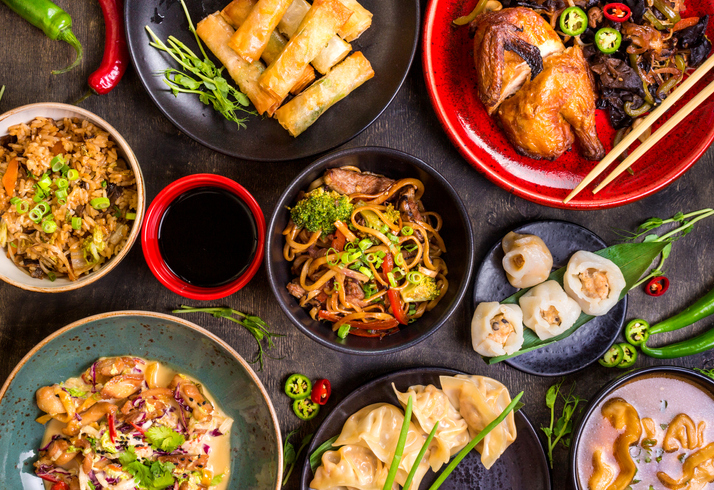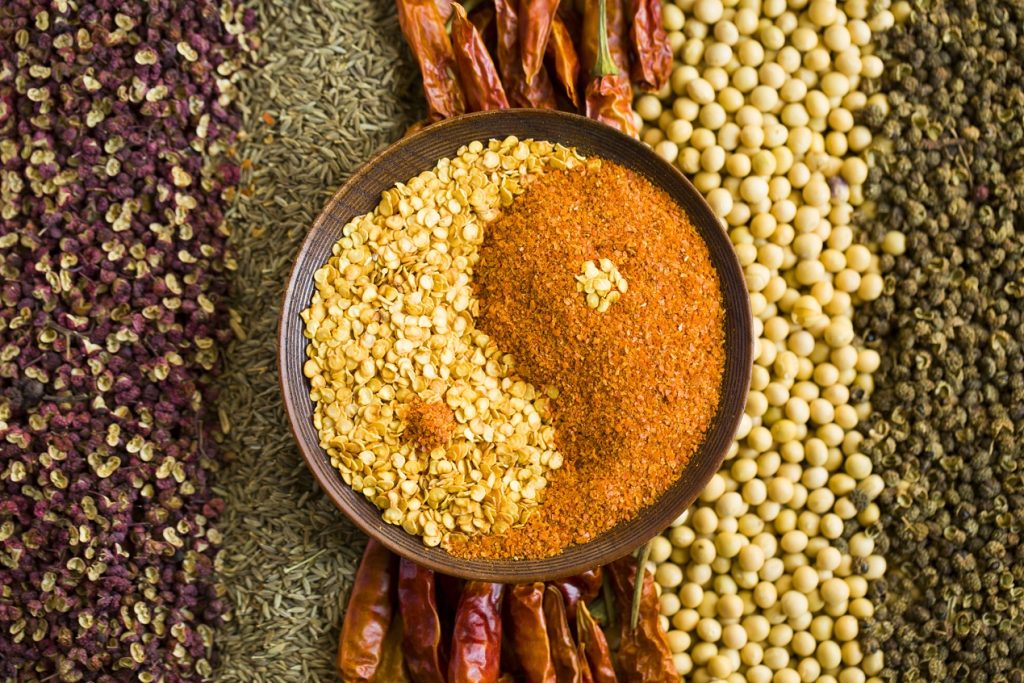
Is it wise to follow a healthy Chinese diet? Why are the Chinese healthy even in today’s age of fast food and drinkable calories?
China is one of the earliest civilizations in the world. China was at the top when people from other countries were still learning about society. Chinese people were expressing their relationships and cultures in various mediums. Of these, one happens to be food.
In China, food is not seen as something you must eat to keep going. It is sacred and needs to be mindfully consumed. Food has proper etiquettes that revolve around it. China is also huge, so they could enjoy various foods that grew in multiple climates.
In this article, we will be breaking down the everyday “healthy” Chinese diet and how it makes the Chinese healthy. More importantly, what can we learn from this healthy Chinese diet today?
History of Healthy Chinese Diet

“Fashion is in Europe, living is in America, but eating is in China.”
A famous saying– testament to the popularity of Chinese food
For Chinese people, eating plays a significant role in daily life. Chinese people believe eating well may improve relationships and foster closer family bonds.
All Chinese cuisine requires regular grocery shopping with fresh ingredients. The Chinese choose live seafood, fresh meats, and locally grown seasonal fruits and vegetables for the freshness of their diet. This is in stark contrast to the American fast food culture. The healthy Chinese diet features squirming chicks, sharp crabs, and swimming fish. Moreover, prepared items like BBQ duck or dim sum must shimmer, sparkle, and steam, as if just removed from the oven.
Healthy Chinese Diet: How Food Can Be A Medicine

Chinese people are generally less concerned about dieting than individuals in Western cultures. They are more focused on the food’s flavor, color, and scent than on its texture. These are the essential components of excellent Chinese cuisine. Grain, vegetables, fruit, and meat are the four dietary types that make up a typical Chinese dinner. Hence, this is what puts the “healthy” in a healthy Chinese diet.
Chinese medicine recommends a variety of foods as medicinal therapies. Many include garlic to combat pollutants and chilies to stimulate digestion and ward off colds. Therefore, the ultimate goal is to make sure that every organ is functioning properly. Because of that, that energy, or chi, may flow freely throughout the body.
Hippocrates advised people to “let food be your medicine” almost two thousand years ago. However, the West overlooked it. Communities of the less privileged often have a higher regard for the food cycle and how it sustains life.
The Benefits of Diversity in the Chinese Diet
Social Diversity
In Chinese culture, sharing meals with others is a common way to meet new people and strengthen existing friendships. Morning tea is the Cantonese term for breakfast, and it is a time when many people discuss business and share knowledge.
A Diverse Range of Foods
China, with its size and the sheer number of ethnicities, is one of the most diverse places in the world. Hence, the different regions in China have their foods, eating habits, and practices around food.
Cooking at the right time is critically important. The texture of the meal must be exactly perfect, with the freshness and softness still there. Hence, the dishes must not be overdone. One thing is common, though, the meat, veggies, and other components must all be fresh. Because of this, Cantonese cuisine is highly preferred all over the world. Soup is also a necessity of this cuisine as it adds flavor and nutrition to the meals.
Spiritual Connotations of Food
China has a diverse geography. It just so happens that Chinese people from the North tend to enjoy spicy foods. These include chilies, onions, and garlic. They believe these foods will increase blood circulation and help eliminate the coldness and dampness in their region. In the south, Chinese people prefer to eat more mild and cooling foods because of the warmer climate. This theory is called balancing the “Yin and Yang.”

According to Chinese culture, the natural world comprises both good and negative energies. Yang is the symbol for positive energy, whereas yin is the symbol for negative energy. They must be evenly balanced to produce a peaceful and healthy existence. Otherwise, conflict and sickness would arise.
For thousands of years, Chinese philosophy has emphasized maintaining a balance of forces. It is now accepted as a fundamental rule for use in social, political, medical, and culinary contexts. Why? Chinese people believe that a food imbalance causes illness. As a result, a Chinese patient will frequently ask the doctor, “Is there anything I shouldn’t eat?”
It is wise to think of food this way. If you have an imbalance in your diet, such as the imbalance of Yin/Yang, you’re doing it wrong. Observe and view food as something to balance. As such, you can recover from our bad eating habits—another win for the healthy Chinese diet.
Healthy Drinking Habits in China
The one supplement of Chinese food has to be green tea. Green tea helps with digestion, detox, and satiation. Researchers have discovered that it also combats free radicals responsible for heart disease and cancer.
You will find that with every meal, green tea is present alongside it. This is healthy for not only our gut health but also for our digestion and energy levels.
Conclusion
In conclusion, a healthy Chinese diet has many benefits. Ones that we in the West often seem to forget. By taking a leaf out of the healthy Chinese diet, we can regain our health and start to live better, healthier lives!
If you liked this post, read similar posts on our blog. Why Do Chinese Dumplings Hold A Cultural Significance? and Exotic Foods of China You Need To Try!
Edited by: Syed Umar Bukhari.



